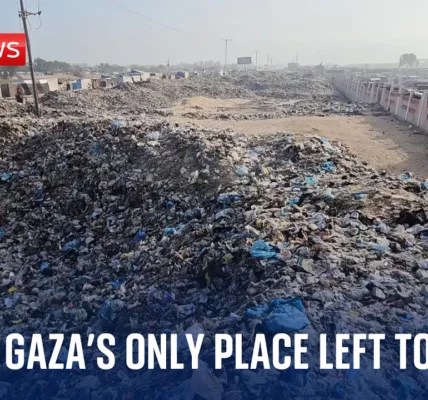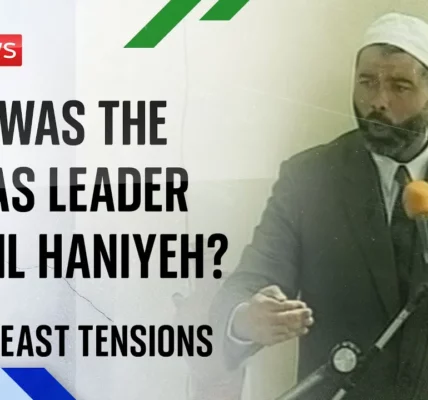Explosive Attacks in Lebanon: Analyzing the Recent Developments

In this article, we delve into the recent attacks in Lebanon, exploring the implications of Israel’s military strategies, the psychological impact on civilians, and the geopolitical ramifications of these events.
Introduction
The recent deadly attacks in Lebanon have sent shockwaves throughout the region, raising concerns over the escalating tensions between Israel and Hezbollah. With reports indicating that thousands were injured and multiple fatalities occurred, the incident marks a significant escalation in military operations. This article explores the details surrounding the attack, the strategic objectives behind it, and the potential repercussions for regional stability.
Overview of the Attacks
The Financial Times reported that the recent attacks were characterized by simultaneous detonations targeting Hezbollah, resulting in significant casualties. Eyewitness accounts detail the chaos that ensued as the explosions rocked the area, leaving at least nine people dead and nearly 3,000 injured. The strategic implications of these attacks cannot be understated, as they reflect a calculated move by Israel to undermine Hezbollah’s operational capabilities.
The Nature of the Attacks
Details surrounding the attacks suggest a sophisticated level of planning and execution:
- Simultaneous detonations targeting key Hezbollah communications.
- Use of low-tech devices that were transformed into explosive weapons.
- Strategic timing aimed at maximizing psychological impact.
Casualties and Impact
As reported, the attacks resulted in:
- At least nine confirmed fatalities, including a child.
- Nearly 3,000 individuals sustaining injuries, with many in critical condition.
- Widespread psychological trauma among the local population.
Strategic Implications for Israel and Hezbollah
The implications of these attacks extend far beyond immediate casualties. Analysts suggest that Israel’s ability to infiltrate Hezbollah’s communication networks represents a significant intelligence victory.
Israel’s Military Strategy
Israel’s military operations have historically included:
- Targeted strikes on key military figures within Hezbollah.
- Cyber operations aimed at crippling enemy infrastructure.
- Psychological operations intended to instill fear and uncertainty.
Hezbollah’s Response
Hezbollah’s vow to retaliate highlights the potential for an escalated conflict:
- Plans for counterattacks against Israeli positions.
- Increased recruitment and mobilization of forces.
- Public statements aimed at rallying support from its constituents.
Geopolitical Ramifications
The recent events are not isolated; they have broader implications for the Middle East. The ongoing conflict between Iran, Israel, and their respective allies adds layers of complexity to the situation.
International Reactions
Global reactions have varied, with some nations calling for restraint while others support Israel’s right to defend itself. Key points include:
- Calls for a ceasefire from humanitarian organizations.
- Support for Israel’s actions from certain Western governments.
- Condemnation of the attacks from pro-Hezbollah factions.
The Role of Iran
Iran’s support for Hezbollah complicates the situation further:
- Potential for Iranian involvement in retaliatory actions.
- Impact on Iran-Israel relations, particularly concerning nuclear negotiations.
- Regional stability at risk if tensions escalate between Iran and Israel.
Conclusion
The recent attacks in Lebanon represent a crucial turning point in the ongoing conflict between Israel and Hezbollah. As both sides prepare for potential retaliation, the risks of an all-out war loom large. It is imperative for the international community to engage in diplomatic efforts to de-escalate tensions and promote peace in the region. For those seeking to stay informed, continue to follow our coverage on this evolving story.
Read more about the Middle East conflict and its implications.
“`




